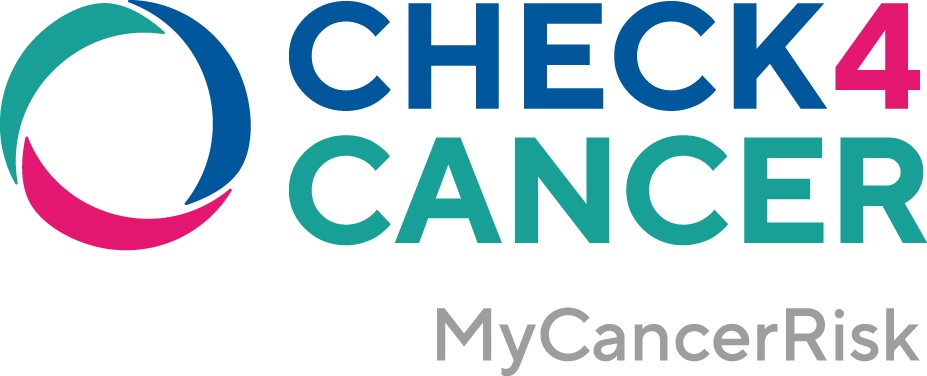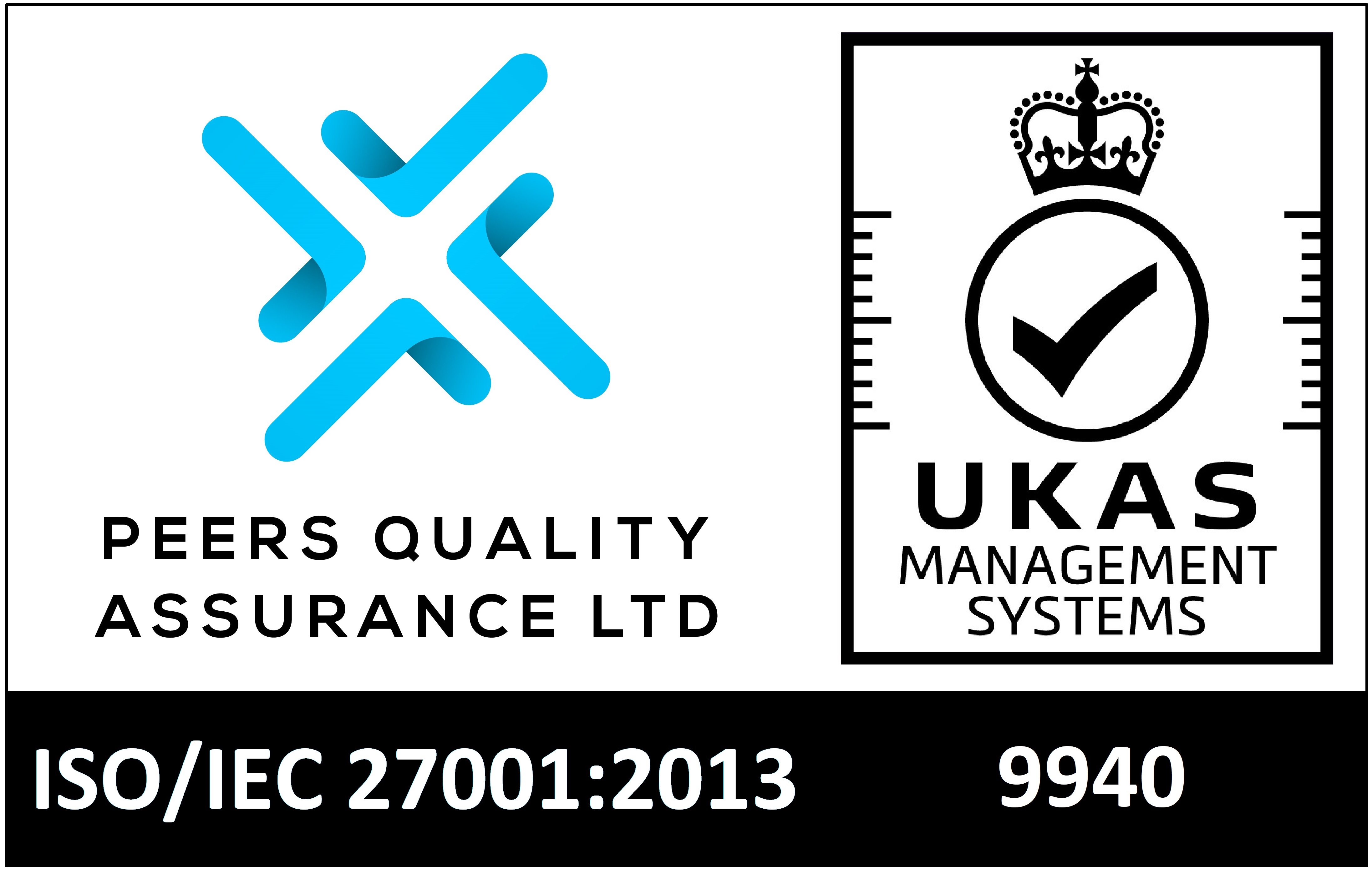A screening mammogram is an X-ray of the breast used to detect breast changes in women who have NO signs or symptoms of breast cancer. It usually involves two X-rays of each breast.
- Mammograms make it possible to detect tumours that cannot be felt.
- Mammograms also can find micro-calcifications (tiny deposits of calcium in the breast) that sometimes indicate the presence of early breast cancer.
- Screening mammography involves taking an x-ray picture of each breast while it is being gently compressed.
- Although it may cause mild discomfort, it can detect breast cancer at an early stage before changes can be felt in the breast by you or your doctor.
What are some of the limitations of screening mammograms?
Even though mammography can detect tumours that cannot be felt, finding a small tumour does not mean that a woman’s life will always be saved. Mammography may not help a woman with a fast-growing or aggressive cancer that already has spread to other parts of her body before being detected.
What is a false negative in a mammogram?
False negatives occur when mammograms appear normal even though breast cancer is present. Overall, mammograms miss up to 20 percent of the breast cancers in older women that are present at the time of screening. False negatives occur more often in younger women than in older women because the dense breasts of younger women make breast cancers more difficult to detect on a mammogram. As women age, their breasts usually become more fatty (and therefore less dense), and breast cancers become easier to detect with screening mammograms.





